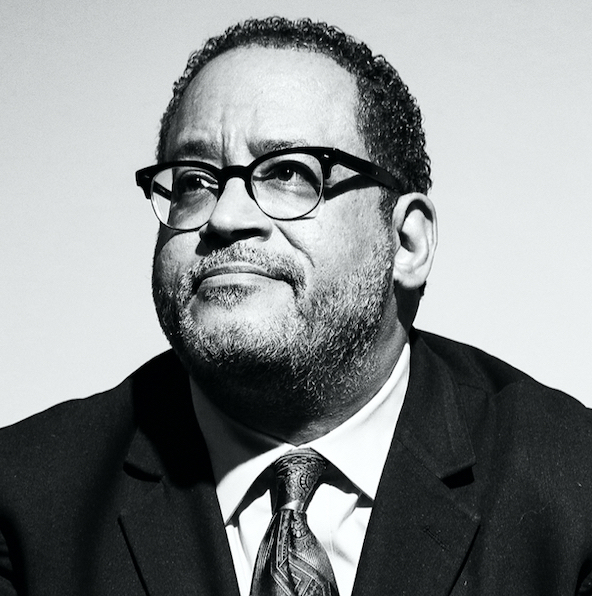Over the last several years in Philadelphia, we have witnessed the erection of the first monument to a Black man in our city, abolitionist Octavius Catto; the first mural to a legal and civic giant, A. Leon Higginbotham, Jr.; a community effort to rename a street from Taney — named for the Supreme Court justice who wrote the Dred Scott decision — for Caroline LeCount, Philly’s own Rosa Parks; and a school renamed from racist president Andrew Jackson to former slave-turned-educator Fanny Coppin Jackson.
Like these people, to me, the All Stars are the everyday folks who are doing the heavy lifting for their race and culture: Teachers, sanitation workers, people who work the traffic lights and run nurseries — both for kids and for your grass — the people who are clerks in local stores. They are the preachers who reach masses of people on a daily basis; the writers whose praises don’t get as well-sung as they should; the social activists who are out there trying to make a better life for us even when we don’t understand what’s at stake.
These are the people Dr. Martin Luther King, Jr., referred to as the “ground crew without whose labor and sacrifices the jet flights to freedom could never have left the earth.”
08
Horace Mann Bond
Educator
Horace Mann Bond
Educator
1904-1972
A leader in the education world, Horace Mann Bond was born the grandson of enslaved Africans in Tennessee in 1904. The sixth of seven children, Bond graduated from Lincoln University, a HBCU in Pennsylvania in 1923.
Following his undergraduate education, Bond completed a masters degree at the University of Chicago with a dissertation on Black education in Alabama. It took him 12 years to earn the degree, serving in many capacities as an educator during the time including at Langston University in Langston, Oklahoma, Fisk University in Nashville, Tennessee and Dillard University in New Orleans, Louisiana.
Bond began his administrative role in education when serving as the dean at Dillard in 1934. In 1939, for six years, Bond served as the founding president of Fort Valley State College in Georgia. In 1945, Bond returned to his alma mater, Lincoln University, this time in the capacity as the university’s first African American president. Later in his career, Bond conducted research that was used by NAACP for the Brown v Board of Education case.
Accomplishments:
- Founding president, Fort Valley State College
- First African American president, Lincoln University
More on Bond: New Georgia Encyclopedia, “Horace Mann Bond“; Lincoln University, “About Horace Mann Bond”
Reporting by Aly Kerrigan and Ethan Young.




